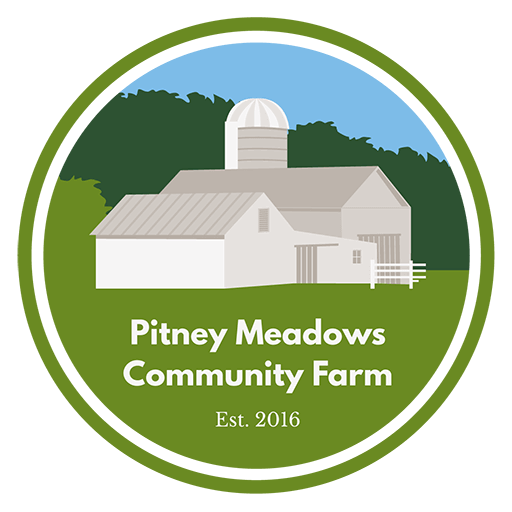Grant Awards Further Growth and Sustainability
The Pitney Meadows team is deeply grateful to have received a number of grant awards this Spring that will bolster both our support infrastructure and sustainable farming practices, allowing us to increase our food production for the community.
The sun will truly power all of Pitney's operations in the coming year's thanks to a $150,000 grant award from the Mayor’s Non-Profit Grant to the Pitney Meadows Community Farm Solar Project. The Pitney Meadows Solar Project will allow the farm to energize its wells, greenhouses, and propagation greenhouses using climate-smart practices. Previously, the Farm has had to rely on gasoline-powered generators to provide power to its agricultural fields due to various city, county, utility, and setback agreements. Read the full press release here.
The Farm has also been approved for 3 National Resource Conservation Service (NRCS) Grants this year. The USDA recognizes that cover cropping is a valuable tool in soil conservation and health by maintaining a vegetative cover on the land to reduce erosion and the soil structure benefits provided by plant roots. The NRCS Cover Crop grant reimburses the Farm for a portion of monies spent on cover crop seeds.
Pollinator Planting grant helps defray seed costs for development of pollinator habitat which will begin this year on a 3.3 acre section in the southwest corner of the property. This is a two year preparation program which consists of two summer plantings of buckwheat and rye after which the ground will be ready for an autumn planting of native grass and pollinator species.
Windbreak Planting grant will help us shield the cropping areas from a fierce westerly wind which sweeps across the fields in late April and May causing stress on our early plantings. Over time, this extensive tree and shrub planting will reduce wind stress on the cropping areas, connect the woodlands on the north and south sides of the property, create habitat for birds and pollinators, and restore a traditional watercourse.
An important contribution to regional soil health knowledge is our receipt of a USDA Sustainable Agriculture Research Education (SARE) program grant administered by the University of Vermont. Focused on cropping practices at the Farm, this is an extensive 3 year trial program which measures the rate of carbon sequestration and draw down over the course of a 3 year cropping cycle. This will help inform not only our Farm going forward, but will also be available as a resource to others growing on the region's sandy soils.
